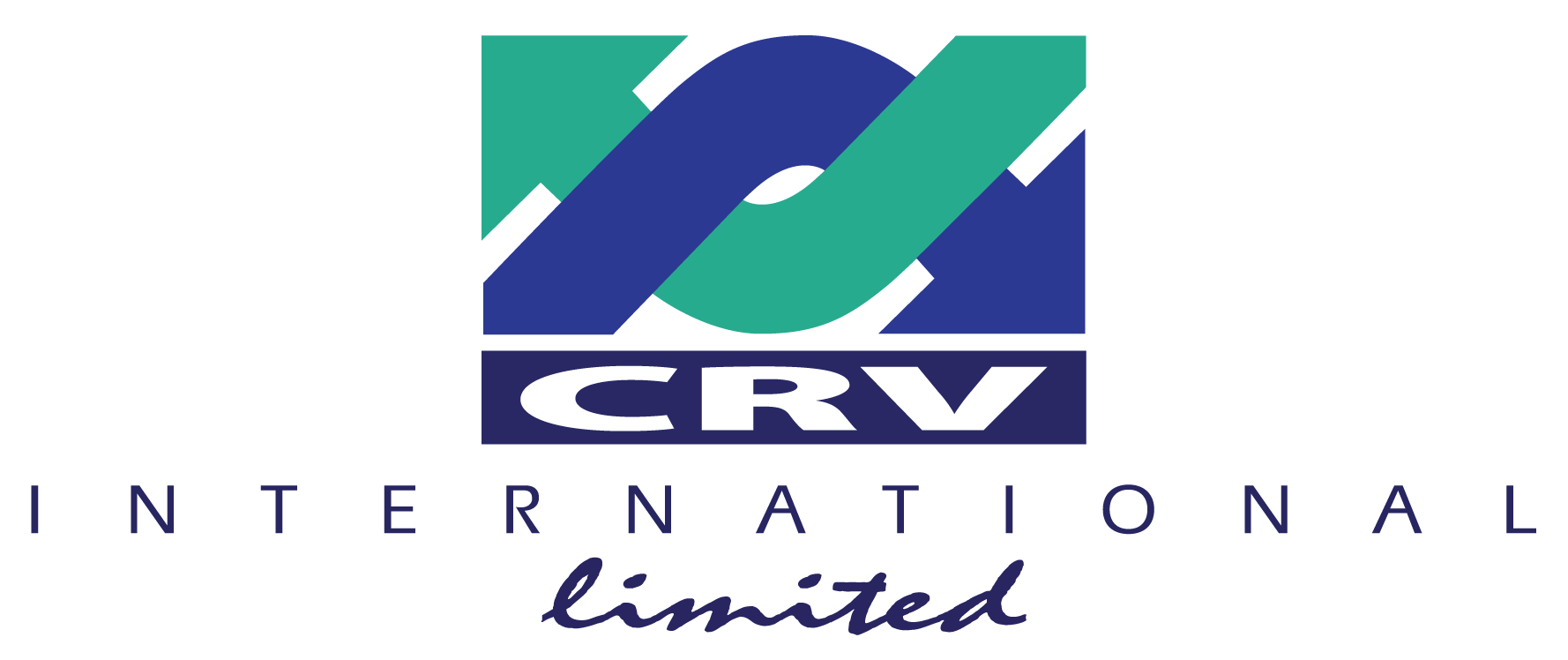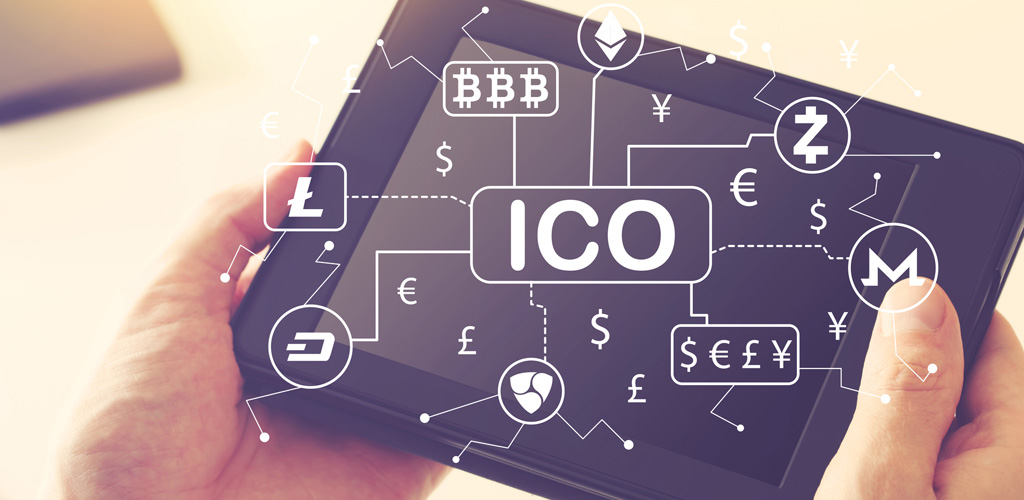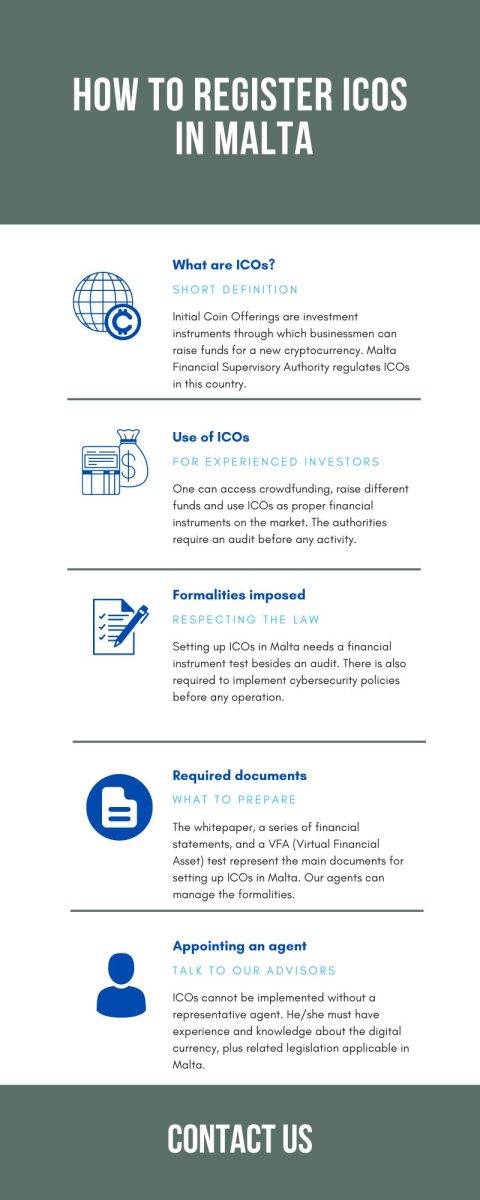The initial coin offerings (ICOs) are seen as a solid and suitable alternative for investment funds through which businesses or investors can enlarge their assets. ICOs in Malta are considered financial tools for which a legal framework was implemented recently. For questions in this matter, you may address to our specialists in company incorporation in Malta. Our team can provide you with the necessary support from the initial steps of opening a business.
| Quick Facts | |
|---|---|
| Legislation for ICOs in Malta |
– European Union legislation, – Virtual Financial Assets Act |
|
Authorization for ICOs in Malta |
MFSA |
|
Purpose of ICOs (token sale) |
– investment tools, – raising funds, – access to crowdfunding |
| Formalities to setup ICOs |
– financial instrument test, – audits, – cybersecurity aspects, – anti-money laundering reporting officer |
| Documents needed |
– whitepaper, – financial statements for the last 3 years, – VFA test, – systems auditor confirmation |
| Maximum investments |
No more that EUR 5,000/year for beginners |
| Issuer of ICOs in Malta |
Legal person |
| Must appoint agent (YES/NO) | Yes |
| Legal entity required (YES/NO) | Yes |
| Directors | At least 2 directors |
| Auditor required (YES/NO) |
Yes |
| Annual supervisory fee | Around EUR 2,000 |
| Personal income tax rate | 5% and exemptions for specific token sale |
| IT requirements | GDPR, security, privacy |
| ICO platform | Available in our services |
| Definition of initial coin offering (ICO) | An Initial Coin Offering (ICO) is a fundraising method where companies issue digital tokens or coins in exchange for investment. |
|
Legislation for ICO in Malta |
Virtual Financial Assets Act (VFAA) |
|
Whitepaper disclosure (Yes/No) |
Yes, companies conducting initial coin offerings in Malta are required to prepare and disclose a whitepaper containing essential project details. |
| Investor protection measures | Malta's ICO regulations aim to protect investors by ensuring transparency, disclosure, and adherence to good governance practices. |
| Regulatory approval process |
ICO projects in Malta must seek regulatory approval from the MDIA to ensure compliance with the established legal requirements. |
| Anti-money laundering (AML) compliance |
ICO issuers in Malta must comply with strict anti-money laundering regulations to prevent illegal activities and fraud. |
| Know your customer (KYC) procedures |
ICOs in Malta require implementing robust KYC procedures to verify the identity and suitability of investors participating in the offering. |
| Token classification |
Malta has introduced a three-tier system for classifying tokens issued through ICOs: Virtual Financial Assets (VFA), Virtual Tokens (VT), and Financial Instruments (FI). |
| VFA agent |
ICO projects in Malta must appoint a VFA agent, who acts as an intermediary between the project and the MDIA, ensuring compliance and regulatory reporting. |
| Project audits | ICO projects in Malta may undergo independent audits to ensure compliance with the established regulations and the accuracy of disclosed information. |
| Sandbox environment |
Malta offers a regulatory sandbox environment where ICO projects can operate under controlled conditions, fostering innovation and experimentation. |
| International reputation |
Malta's regulatory framework for ICOs has helped the country establish an international reputation as a blockchain and cryptocurrency hub. |
| Token sale restrictions |
Initial coin offering in Malta may have certain restrictions, such as limitations on the number of investors or investment amounts, depending on the project's classification. |
| Legal compliance and advice |
Companies planning an ICO in Malta may seek our help and guidance to ensure compliance with the regulatory framework and fulfill all necessary requirements. |
| Supportive blockchain ecosystem | Malta's ICO regulations, combined with its supportive blockchain ecosystem, attract blockchain companies and foster innovation in the cryptocurrency space. |
The supervisory body of Maltese ICOs
Cryptocurrency has met a significant development in the past few years. Malta makes no exception, as there are numerous entrepreneurs who are interested in alternatives for currencies and investment resources. Here are some details in this regard:
- All the financial transactions in Malta are overseen by MFSA (Malta Financial Services Authority), including Malta ICO.
- The issuance of initial coin offerings in Malta must respect the rules and regulations related to investments.
- ICOs in Malta are established in respect with thelegislation of the European Union.
- The registration process of a company in Malta is the first step in initial coin offerings issuance in Malta.
The entire procedure can be supervised by our agents in company formation in Malta. Plus, you can watch the following video presentation for details about ICOs in Malta:
How ICOs work in Malta
ICOs represent a good source for raising funds, a proper way to initiate a business in the crowdfunding system worldwide. Initial coin offerings entered the market in 2013 and are the suitable way for creating new cryptocurrencies related to tokens. These can be sold or bought, depending on the needs and challenges on the market.
Digital tokens can be used to trade shares in a Maltese company. Additionally, ICOs may also be subject to potential risks which must be considered just like in any type ofinvestment.
ICOs in Malta setup
ICOs are also known as Virtual Financial Assets (VFA). When you want to issue ICOs or VFAs in Malta, you need to appoint a dedicated agent. Here is some other information about Maltese ICOs:
- A Financial Instrument Test must be done before ICOs registration in Malta.
- Issuers must decide on a legal entity, according to the legislation in force. It takes two people to manage, respectively two directors.
- The persons delegated to carry out the activities of the Malta ICOs must ensure that the rules are followed.
- A systems auditor in charge of audits for Innovative Technology Arrangement is needed.
- Cybersecurity issues will be analyzed.
- ICOs in Malta are required to assess financial performance each year. An auditor must be appointed.
- Regarding the limits, beginners cannot invest in Malta ICOs more than EUR 5,000 in a year.
Find out from our local agents all the details about ICOs in Malta. You can also discover the infographic below:
What you need to know about legal implications
The VFA document prepared at Malta ICOs should include the following:
- token utility and model;
- price for tokens and timeframes for ICOs in Malta;
- the aspects related to profit share, voting rights, project budgets;
- clear milestones and security of funds.
The necessary documents for Malta ICOs can be prepared by our specialists in the field. Foreign investors who want to register a company in Malta can talk to us.
The content of a whitepaper
The whitepaper is the basis for the creation of ICOs in Malta. According to Maltese ICOs regulation, the whitepaper must contain declarations that certify that this document is in line with the legislation in the field. The whitepaper summary must provide details about ICOs in Malta, the VFA agent, and its power regarding the sale of financial instruments.
The reason behind VFA offering, as well as the functions of the people involved in the initial coin offerings, is another aspect that should be found in the whitepaper. But to be sure that this type of document is drafted correctly, you can call on our specialists.
IT infrastructure, according to Maltese ICOs regulation
Maltese ICOs attract the attention of foreign investors who want to access this stable and expanding market. When it comes to establishing ICOs in Malta, good technical support is also needed. IT infrastructure is important for Maltese ICOs, and GDPR implementation and compliance are mandatory.
Also, the holders of ICOs in Malta must take care of the integrity and security offered to clients, as well as take into account privacy and confidentiality regarding transactions of this type. With the agreement of the MFSA, the infrastructure can be installed in Malta or in any third country or EEA member state.
Considering these aspects, we recommend you collaborate with our local specialists and be interested in everything Maltese ICOs represent in order to have a good start in business.
Malta Digital Innovation Authority
The MDIA Act (Malta Digital Authority Act) contains information about the blockchain technology sector and the way the development can be endorsed. With the help of this authority, the Distributed Ledger Technology (DLT) software platform needed to provide assurance and confidence from a legal and technical point of view can be certified.
With the help of this platform, asset transactions can be tracked as well as recorded in different locations. Also, this system is designed to provide transparency regarding the exchange of assets, therefore, it is recommended to go through the activities mentioned above to understand the Maltese ICOs regulation.
What are the issuers’ obligations?
Managing a business that involves digital currency requires special attention to the customers and the way in which the services are offered. VFA issuers must know how to resolve conflicts of interest, provide protection in terms of investment funds, as well as align from the very beginning with Maltese ICOs regulations, especially anti-money laundering laws.
It is the duty of a Maltese ICOs issuer to offer compensation to people who have been involved in financial losses following transactions with virtual currency, either sale or purchase.
Who can be a VFA agent?
As mentioned above in the article, the issuance of Maltese ICOs requires an agent. A VFA agent can be an accountant, a corporate service provider, or even a lawyer. He/she has the role of explaining to the issuer of ICOs in Malta what his/her responsibilities are and how he/she should be guided when he/ she wants to put the virtual currency on the market.
This agent must also make sure that the issuer has understood the legislation in force and will respect it when offering virtual financial assets and dealing with transactions. It can be said, broadly speaking, that the VFA agent makes the connection between the MFSA and the issuer, at the same time taking care of the necessary documents to introduce Maltese ICOs. Therefore, you can direct your attention to our specialists if you need a VFA agent.
Do I need risk assessment for ICOs in Malta?
Of course, a full risk assessment is indicated. Foreign investors can thus find out if the technology they want to implement is viable. There are a number of blockchain implementation challenges that need to be carefully considered.
Risk assessment is definitely a solution for registering Maltese ICOs. You can discuss more about this topic with our local agents.
How our experts can help you
The legislation on ICOs in Malta can be explained by our specialists. Best practices, policies, governance, and regulatory expectations are some of the issues we cover. We work with experts in the field, including lawyers who can verify documents before signing. It is even advisable to consider specialist counseling for ICOs in Malta. Also, one of our experts can help you with opening a bank account for Malta ICOs.
Malta, a popular investment destination
Foreign investors who choose Malta for business know the stable climate and conditions. Several tax exemptions make this system attractive. Well-developed infrastructure, the strength of the financial sector, and a competitive workforce are Malta’s strengths.
Let’s review some data and statistical information about the Maltese economy:
- More than 31,000 companies with foreign shareholders are already established in Malta.
- The total FDI in Malta for 2020 was over USD 240 million.
- According to the 2020 Doing Business report, Malta was ranked 88th out of 190 world economies. The ranking analyzes the business conditions offered and much more.
- In 2021, Malta’s economy grew by about 4.8%.
- Malta offers several incentives for job creation on the island.
- Malta has signed more than 50 treaties with countries around the world to avoid double taxation.
If you want to know more about how companies in Malta can issue ICOs, we recommend you contact our team of company incorporation representatives in Malta.



